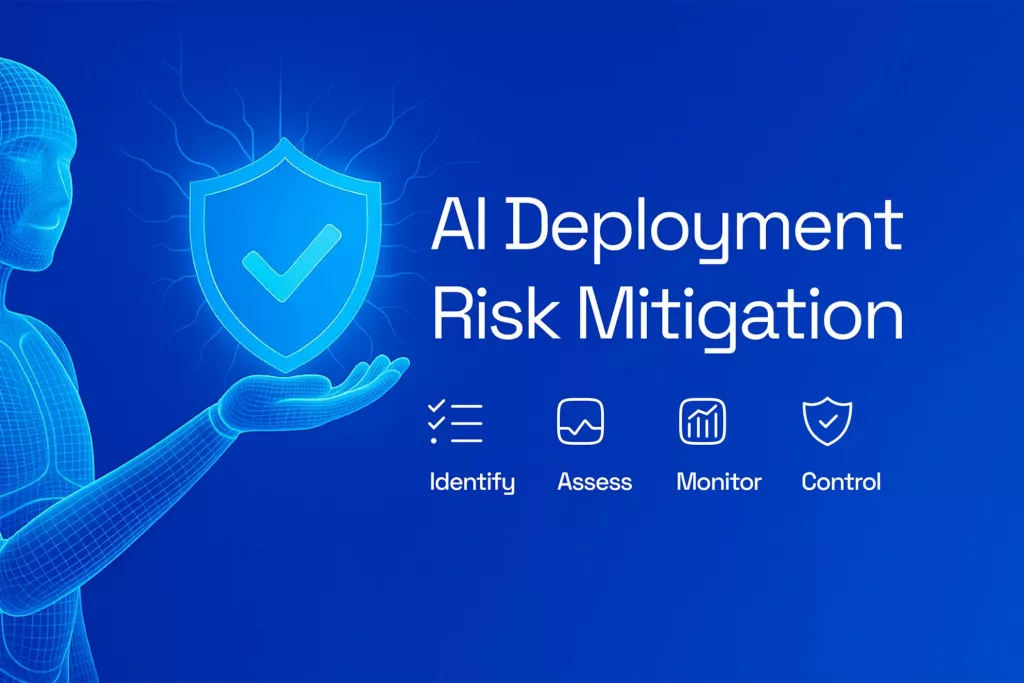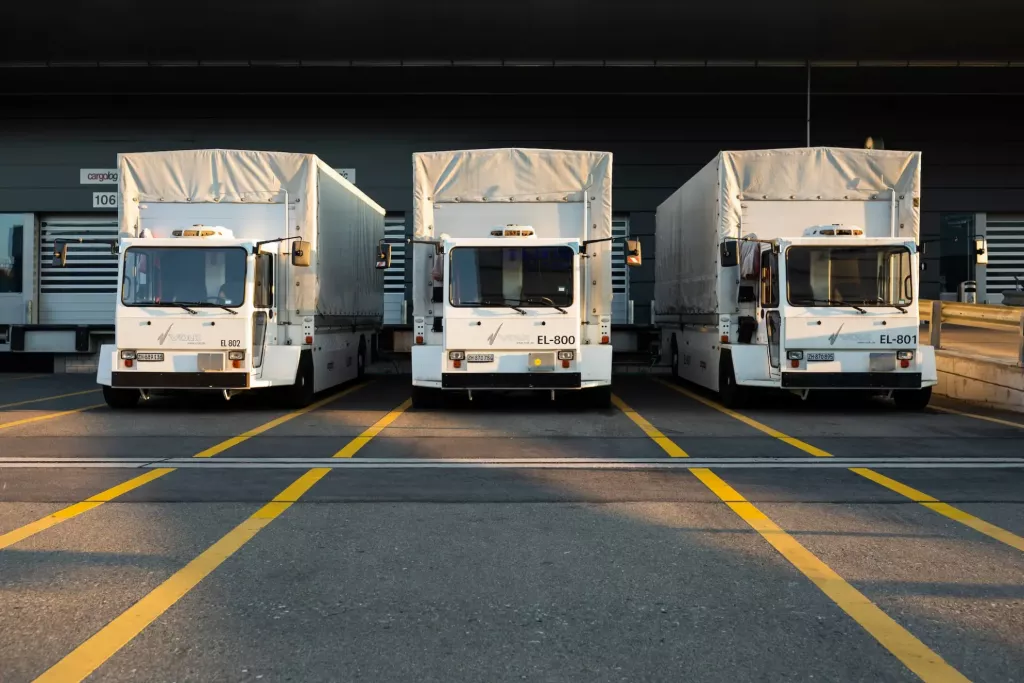
One of the most substantial advantages of digitalization in intelligent cities is the implementation of data-driven governance. Real-time data empower city officials to make knowledgeable decisions that enhance the quality of life for residents, optimizing traffic flow and waste management. From predicting and mitigating environmental risks, data-driven governance empowers city planners to address challenges proactively, fostering a responsive and adaptive urban environment. This dynamic approach improves the efficiency of municipal services, improving the efficiency of municipal services and fostering a responsive and adaptive urban environment.
Clever infrastructure, another pillar of digitalization in intelligent cities, revolutionizes the way fundamental amenities are managed. The deployment of sensors and IoT devices allows for real-time monitoring of energy consumption, water usage, and transportation systems. This not only optimizes resource utilization but also contributes to sustainability goals. Intelligent street lighting systems, for instance, can adjust brightness based on real-time needs, minimizing environmental impact. The result is a city that operates seamlessly while prioritizing environmental responsibility, creating a comprehensive and interconnected urban ecosystem.
Digitalization enhances the delivery of public services in intelligent cities, making them more accessible and citizen-centric. Mobile apps and online platforms enable residents to engage with municipal services, fostering citizen engagement and inclusivity. This increased connectivity facilitates the development of smart transportation systems, intelligent waste management, and responsive emergency services. Improved accessibility and responsiveness of public services, fostering citizen engagement and inclusivity, create a comprehensive and interconnected urban ecosystem. Digitalization creates an interconnected urban landscape, enhancing the efficiency and effectiveness of various municipal functions, setting the stage for the cities of the future.
In the end, we’re listing some essential softwares needed to run and make a city “smart”: Smart Grid Management Software, Traffic Management and Optimization Software, Smart Building Automation Software, Waste Management Software, Environmental Monitoring Software, Digital Identity and Access Software, among others.



